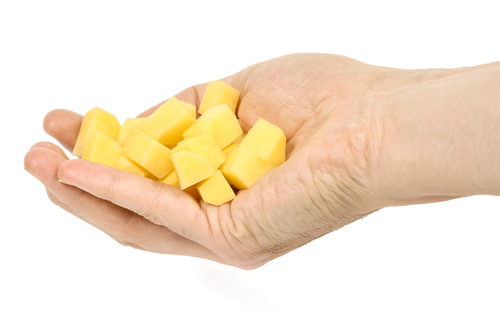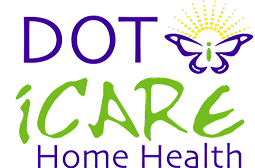Nutrition, Are You On A S.A.D. Diet?

Most of us would think “eating to sustain life”. You would be partially right however the type of food we eat is what determines a healthy body from a not so healthy body. The “SAD” way of eating (Standard American Diet) consisting of high fat, low fiber, processed foods is contributing to a sick society.
The body requires a specific amount of nutrients daily to thrive and the SAD doesn’t provide that. Today’s environment of fast foods and prepared meals leaves us low in the fuel needed to function optimally, both physically and mentally.

Seniors today are nothing like their previous generations. This generation is living longer and some are more active now than in their younger days! Today’s seniors know that being active, being social and eating healthy is the key to living a happy, fulfilling life.
The ideal diet is the Mediterranean diet as it not only reduces the risk of Alzheimer’s, Diabetes, Parkinson’s, and Cancers. This meal plan consists of an abundance of fresh vegetables and fruits (they have antioxidants that protect the cells from damage and reduces the risk of dementia), whole grains, healthy fats and small amounts of animal proteins (meat, eggs, dairy). Eating smaller portions throughout the day vs a large lunch or dinner is the preferred method of eating to control blood sugar levels. Increased spikes in blood sugar levels has been reported to contribute to Alzheimer’s and Diabetes.
Our body needs a daily combination of 26 vitamins and minerals as well as proteins, carbohydrates, good fats and water.
March is Nutrition Month but be sure to include these foods on your grocery list weekly:
- Walnuts: they are shown to reduce the risk of stroke, and improve memory (a handful daily is all you need)
- Leafy greens: they contain magnesium & folic acid which is important to produce beneficial brain chemicals
- Berries – high in antioxidants which help to prevent Cancer (and they are oh so tasty especially when they are in season)!
- Beans/lentils: they release carbohydrates slowly to keep the brain fueled and blood sugar levels stable
- Green tea: high in antioxidants and anti-inflammatory properties that have been reported to lower the risk of dementia
- Fish – is a good source of protein (salmon, tuna, sardines, any cold water fish) as they are higher in omega 3’s which protect against inflammation
Consider the following measurements when portioning your food:

- A serving of meat/protein would be the size of the palm of your hand
- A serving of vegetables is 1 cup, a serving of cheese would be no thicker than 2 fingers and approximately the size of 2 dice
Along with a healthy diet including 2 liters of water daily, exercise is an important component to keeping the body healthy. Simple weight bearing exercises such as walking keeps the bones strong, the blood moving and the organs functioning as they should!
And finally…
- Eat when relaxed (don’t eat when stressed or rushed if at all possible as this inhibits the digestive process and causes stomach upset)
- Enjoy your meal at the table – why not use the good dishes that you only bring out on special occasions! Every day is a special occasion to be celebrated. Invite a friend over and make it special!
- Be sure to include a variety of foods every day and be adventurous to try something new on the menu once in awhile. Challenge yourself to try a new vegetable or fruit once a week.
Eating should be a pleasurable experience…so make sure you savor the flavour!

